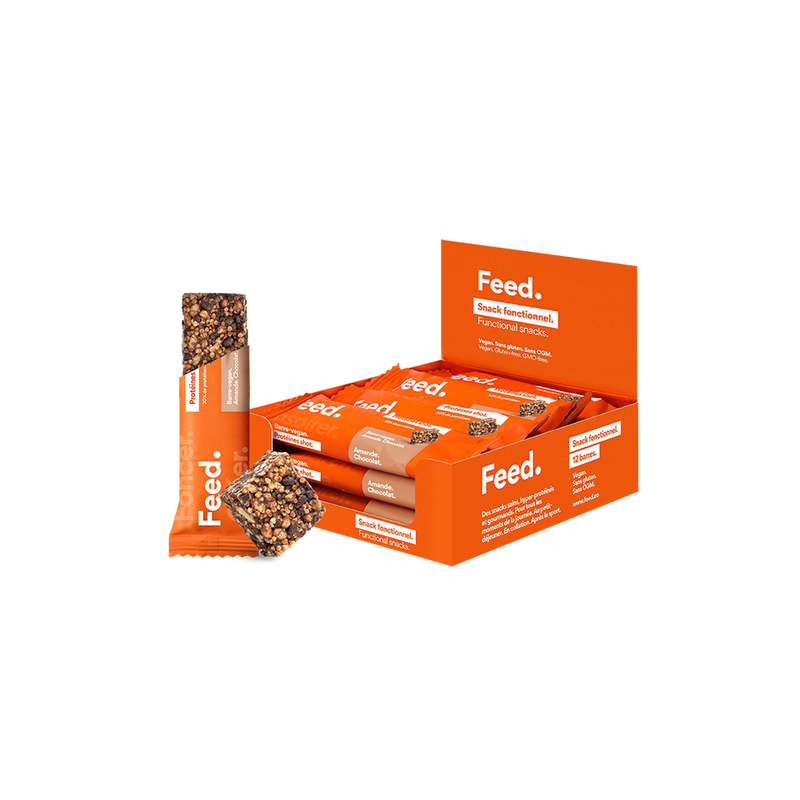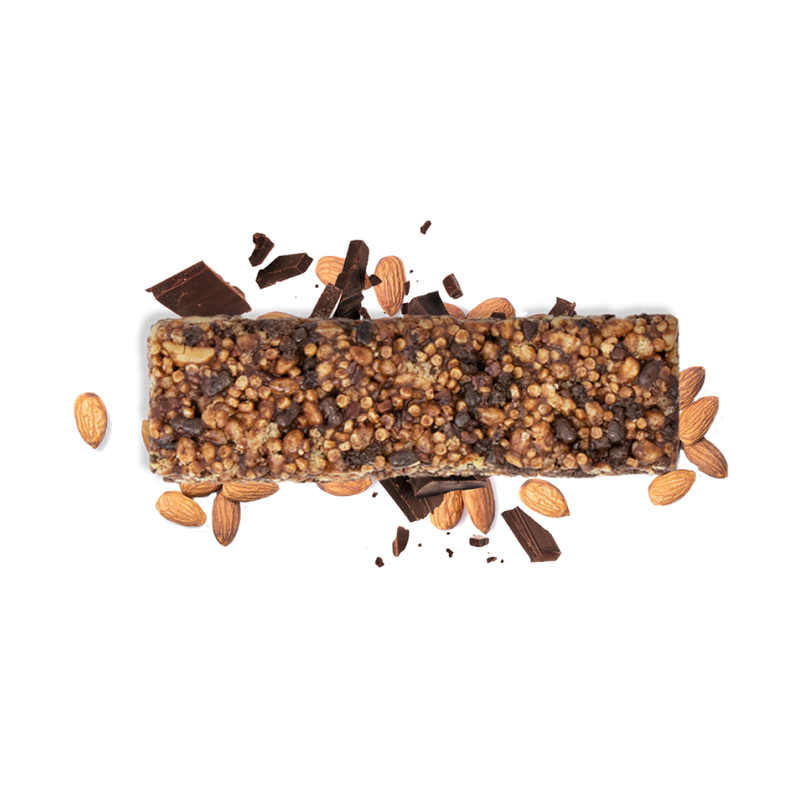Protein is one of the most important nutrients for losing weight and getting leaner. High protein intake boosts metabolism, reduces appetite, and alters several weight-regulating hormones.
Protein can therefore help you lose weight and belly fat via several different mechanisms.
In this article we explore all the links between protein and weight loss.
What is a protein?
Proteins are essential nutrients. We must provide them through food for two reasons: the supply of nitrogen and the supply of essential amino acids (proteins are made up of 20 amino acids, 9 of which cannot be synthesized by the body.)
Dietary proteins must provide these elements to satisfy growth needs in children, and maintenance and energy needs in an adult human.
The quality of dietary proteins is measured according to their source of nitrogen and essential amino acids.
Why does protein help burn calories?
After eating, some calories are used to digest and metabolize food. This is often called the thermal effect of food or thermogenesis .
Although not all sources agree on the exact numbers, it is clear that proteins have a much higher thermic effect than carbohydrates and fats.
A high protein intake tends to boost metabolism and increases the amount of calories burned by about 80 to 100 per day. This effect is particularly pronounced when eating with a calorie surplus. In one study, overeating a high-protein diet increased calories burned by 260 per day.
By making you burn more calories, high-protein products have a “metabolic advantage” over low-protein diets.
Does protein increase satiety?
Yes, protein meals can reduce hunger and appetite through several different mechanisms. This can lead to an automatic reduction in calorie intake.
Many studies have shown that when people increase their protein intake, they begin to eat fewer calories. In one study, protein at 30% of calories caused people to automatically reduce their calorie intake by 441 calories per day.
So, protein diets not only have a metabolic advantage, they also have a "satiety advantage," making it much easier to reduce calories compared to low-protein diets.
We know that snacking is the worst enemy of weight loss diets. It is one of the main reasons why people tend to fail in their diet.
Many people who tend to gain weight have cravings at night, so they snack in the evening. These calories are added to all calories consumed during the day. Interestingly, protein can have powerful power over cravings and the desire to snack at night.
A study compared a high-protein diet and a normal diet in overweight men. In this study, protein at 25% of calories reduced food cravings by 60%, cutting the urge to snack late at night in half! Another study in teenage girls shows that a high-protein breakfast significantly reduced cravings.
How does protein affect weight loss?
Protein reduces calories in and increases calories out.
For this reason, it is not surprising to see that protein diets lead to weight loss, even without intentionally restricting calories, portions, fat, or carbohydrates.
In a study of 19 overweight people, increasing protein intake to 30% of calories led to a massive drop in calorie intake and therefore significant weight loss.
Higher protein intake is also associated with less abdominal fat, the fat that accumulates around organs and causes disease over the long term.
That being said, losing weight is not the most important factor. It's maintaining your weight long term that really matters. We're all familiar with the yo-yo phenomenon, where we diet, lose weight but always end up gaining it back.
Interestingly, a higher protein intake may also help prevent weight regain. In one study, a modest increase in protein intake (from 15 to 18 percent of calories) reduced weight regain after weight loss by 50 percent. So, not only can protein help you lose weight, but it can also help you keep it off in the long term.

How do proteins play weight-regulating hormones?
Your weight is actively regulated by the hypothalamus, an area of your brain. In order for your brain to determine when and how much to eat, it processes several different types of information.
One of the most important signals to the brain are changes in hormones caused by food. A higher protein intake thus increases the levels of satiety hormones, while reducing your levels of ghrelin, the hunger hormone. By replacing carbohydrates and fats with protein, you reduce the hunger hormone and increase several satiety hormones.
This leads to a significant reduction in hunger and is the main reason why protein helps you lose weight. You automatically reduce your calorie intake.
How much protein per day to lose weight?
You can expect around 1.2 to 1.8 g per kilo of body weight. When you want to lose weight, it is good to keep a high protein ratio, in fact they have an appetite suppressant effect, promoting satiety, thus preventing you from making too many deviations.
Proteins to fight muscle loss.
Weight loss doesn't always mean fat loss. When you lose weight, muscle mass also tends to decrease. Losing muscle is often an unintended consequence of weight loss.
Another side effect of weight loss is that the metabolic rate tends to decrease. In other words, you end up burning fewer calories than before you lost weight.
Eating plenty of protein helps build muscle mass, which should help maintain a higher metabolic rate as you lose body fat.
Athletic activity is another major factor that can reduce muscle loss and metabolic slowdown during weight loss. For this reason, a high protein intake and intensive training are two extremely important elements of an effective fat loss plan.
What are the best proteins for losing weight?
Plant-based proteins are a great choice to aid weight loss. Blends from sources such as rice, soy or peas aren't just for vegans! This type of protein tends to promote satiety through their slower absorption by the body.
Thinking about calories can help you make the right choices when choosing your protein for weight loss. Opt for protein sources that are nutrient-dense and low in saturated fat and calories, such as lean meats, seafood, beans, soy, low-fat dairy, nuts and seeds.
Don’t hesitate to mix several sources of protein. For example, you could have salmon or other omega-3-rich fish, beans or lentils that give you fiber, and protein or nuts on your salad.
What are the highest protein foods?
Discover foods rich in protein in our dedicated article .

Otherwise, to boost your protein and vitamin intake, opt for meal bars or powders and healthy Feed snacks. This allows you to put your nutrition at the service of your body and your health. We select for you the best sources of plant proteins in our recipes adapted to your daily energy needs. Ideal for consuming quickly between two appointments or after sports. For drinks, simply mix your meal dose of high protein powder in water and voila!






















